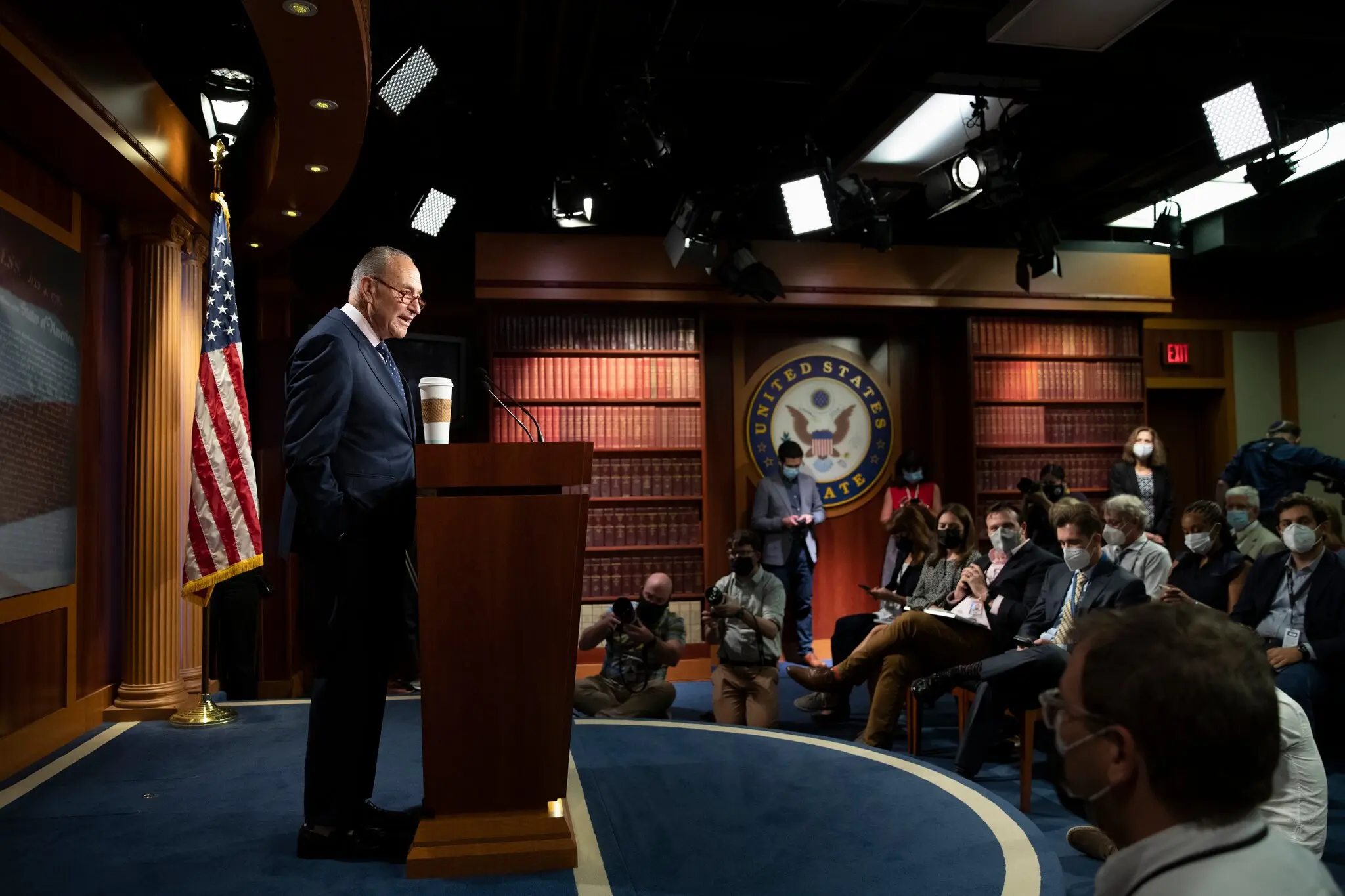
Right now, Congress is having a heated debate over a new federal infrastructure funding package that could have a big impact on the U.S. economy over the next ten years. The proposed measure, which costs hundreds of billions of dollars, would fix old transportation systems, replace important public utilities, bring high-speed internet to communities that don't have it, and make infrastructure more resistant to climate-related threats.
The law was submitted at a time when economists and public policy experts say that the United States is about to reach a turning point. In the middle of the 20th century, many important highways, bridges, ports, and water pipelines were built. Now, they are reaching the end of their useful lives. The need for repairs has gone up a lot, and delays in maintenance have led to increased long-term costs for state and municipal governments. People who support the bill say that putting money into it now could stop much worse problems from happening in the future.
But the way forward has gotten stuck in party fights about how much to spend, where the money should go, and how to raise the money. Senators and Representatives have been working through committee hearings, changes, and talks to figure out if the current proposal will be put to a final vote.
One of the main sources of contention is how to pay for improvements to highways, rail systems, and airports. Supporters say that big upgrades to public transit would help reduce traffic in big cities and make it easier for people to switch to cleaner, lower-emission ways of getting to work. Some MPs have also called for a lot of money to be spent on electric vehicle infrastructure, such as charging networks around the country and incentives for electrifying public transportation.
People who don't like the increased expenditure on transportation say that the measure focuses too much on long-term urban planning goals and not enough on present needs. They say that many rural areas care more about fixing roads and making sure bridges are safe than about big transit plans. These lawmakers want to move money away from federal priorities and toward state-managed ones.
Broadband expansion is another topic of dispute. Millions of Americans living in rural and distant areas still don't have reliable high-speed internet, which is very important for schooling, working from home, telemedicine, and growing a business. The law suggests new collaborations and subsidies to help build more fiber-optic networks and mobile internet coverage.
Both parties agree on broadband investment, but they don't agree on how to put it into action. Some MPs want to engage with private telecommunications corporations, while others think that publicly owned or cooperative broadband networks would be more affordable and reliable in the long run.
One of the main themes of the bill is now climate resilience. In the last few years, storms, wildfires, droughts, and floods have all produced major infrastructural problems. The plan calls for money to be spent on making levees stronger, upgrading water systems, making electrical grids stronger, and making emergency response better. Supporters say that stopping harm is cheaper than paying for catastrophe recovery after it happens. Some critics, on the other hand, are worried that some of the money spent on climate issues will go to projects they call politically motivated or speculative.
Another big issue is how the federal government should pay for the initiatives that are being suggested. Some lawmakers support deficit financing because they believe that investing in infrastructure would pay off in the long run. Some people want to raise money by changing taxes, while others want to take money from current federal programs and use it for other things. These different ideas have slowed down progress, so leaders in both chambers need to work out a solution that can get enough votes.
Economists and business groups all throughout the country are keeping a careful eye on the process of making laws. The conclusion will have a big impact on construction corporations, engineering firms, transportation agencies, and city governments. Business groups have mostly backed the concept of spending more on infrastructure, saying it will boost productivity, help supply chain efficiency, and create jobs. Labor unions have also strongly supported this, saying that building and skilled trades offer steady jobs.
But the final shape of the measure will decide how benefits are shared. States with populations that are increasing quickly are pushing for funding formulas based on future demands. On the other hand, states with slower growth are pushing for formulae based on existing infrastructure load and economic importance.
People's feelings about spending on infrastructure have generally been positive. Many Americans have seen roads getting worse, public transportation getting slower, and people becoming more vulnerable to natural calamities. Polls show that most people believe that investment is needed, but there are differences of opinion on how to pay for it and what precise policy goals to aim for.
The outcome of the current discussion could also affect future elections. Lawmakers in districts with a lot of competition are carefully thinking about what their constituents want, while national party leaders are thinking about how the bill fits in with larger economic plans.
One thing is evident as conversations carry on: the infrastructure bill is not just about money. It stands for bigger national issues including the economy's ability to compete, the environment's ability to be sustainable, fairness between cities and rural areas, and the long-term path of American growth. No matter what happens with the law, the conversation around it is changing U.S. policy priorities right now.






